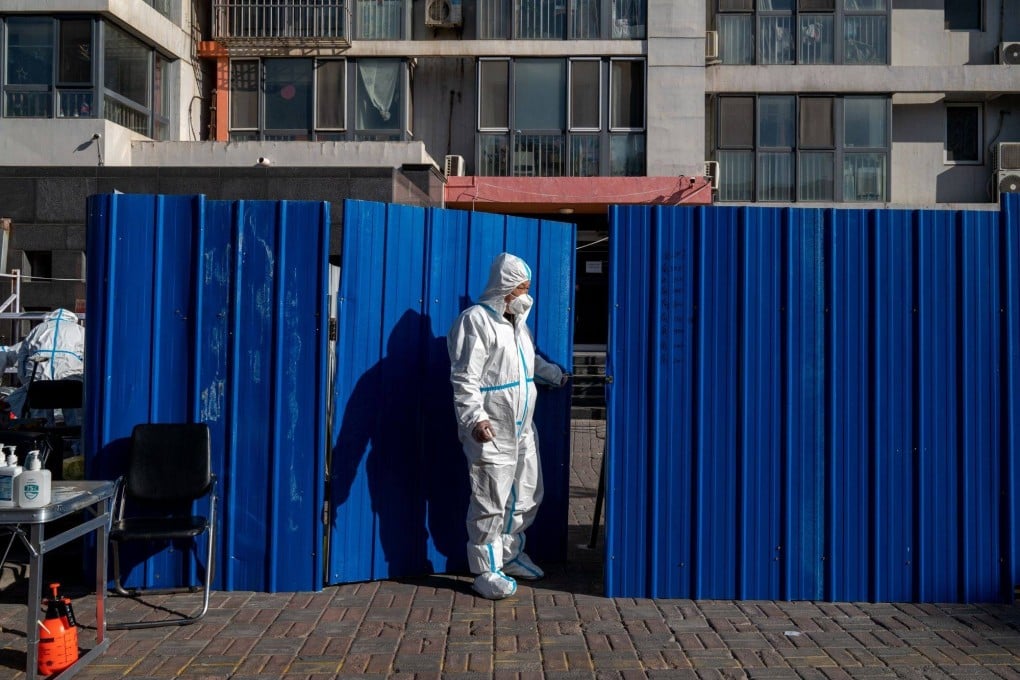Opinion | China’s Covid lockdown plight is the result of putting policy before people
- At the start of the pandemic, China won praise for its seeming ability to unite the public behind its contagion-fighting measures
- But after three years of unrelenting lockdowns and a string of tragedies, that facade has fallen to reveal a policy that risks undermining human rights

It is indeed difficult for first-generation Chinese living overseas to understand what democracy is. Our thinking is at least 100 years behind that of contemporary British people. We mostly aspire to the acquisition of money and power, and are unable to see the new political trend of the 21st century in Britain: the pursuit of equality between all races, genders and classes.
Once, my understanding of democracy was limited to elections and voting, plus the “welfare system that keeps Westerners lazy” because “political parties buy votes with money”, as reported by the Chinese news channels. It was after watching the BBC news that my view finally changed.
At first, I was confused as to why the most pressing news stories in the UK were often related to the difficulties facing ordinary people: their benefits were being cut, they couldn’t afford to pay their gas bills, they had no food to eat, and so on.
By contrast, the subjects I saw covered on Chinese CCTV news were all related to the government, and if there was any footage of ordinary people, it was because government leaders had gone to care for those lucky residents.
We were always told that the government loved us, and we saw these news stories as an expression of that love. We also learned that we had to put aside our personal interests for those of the nation; that was our duty and responsibility.
So, initially, when I found out that British people actively spoke up for their own personal interests, I thought they were selfish. I didn’t know they were defending their human rights.

.jpeg?itok=IWIemjTe&v=1689818059)